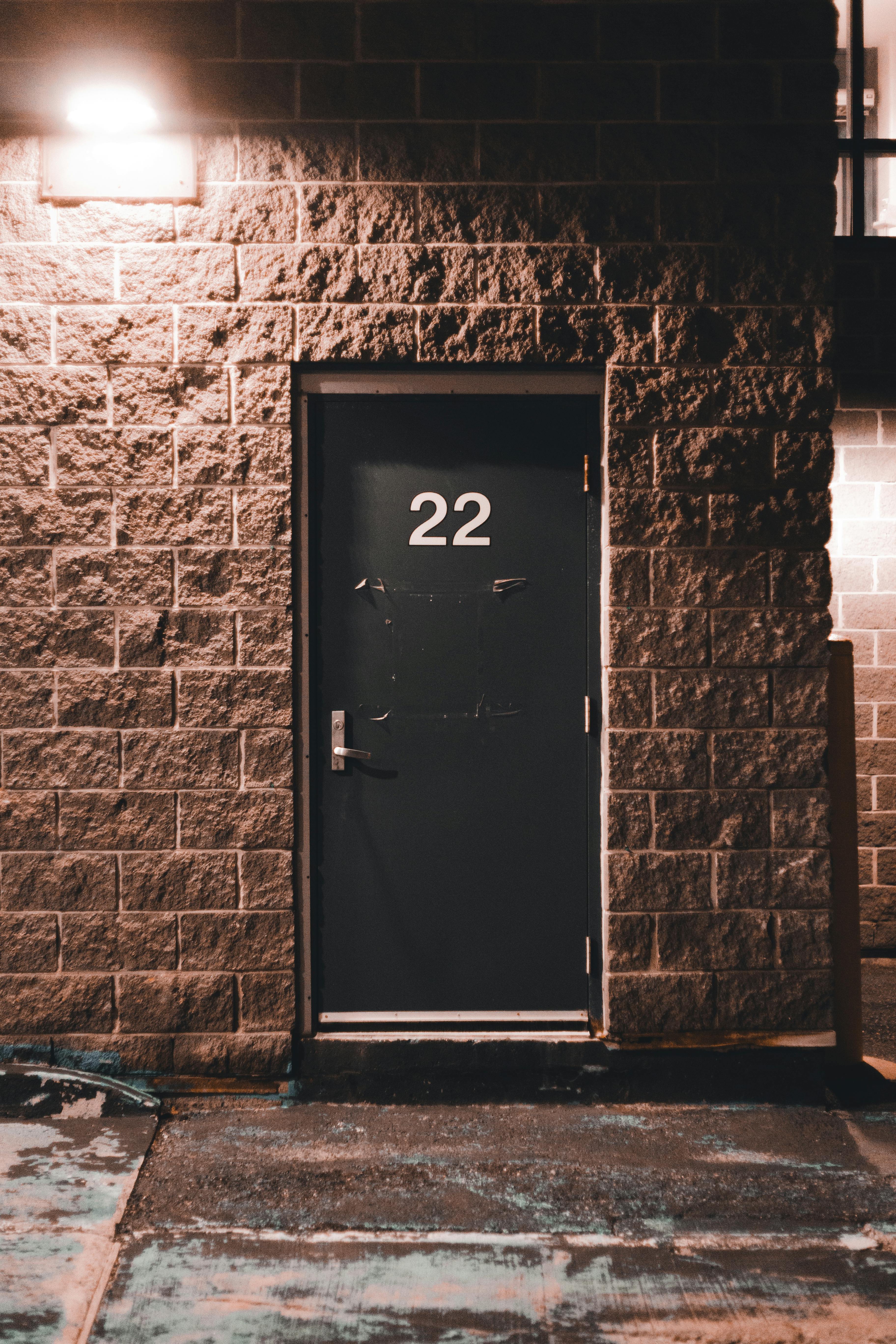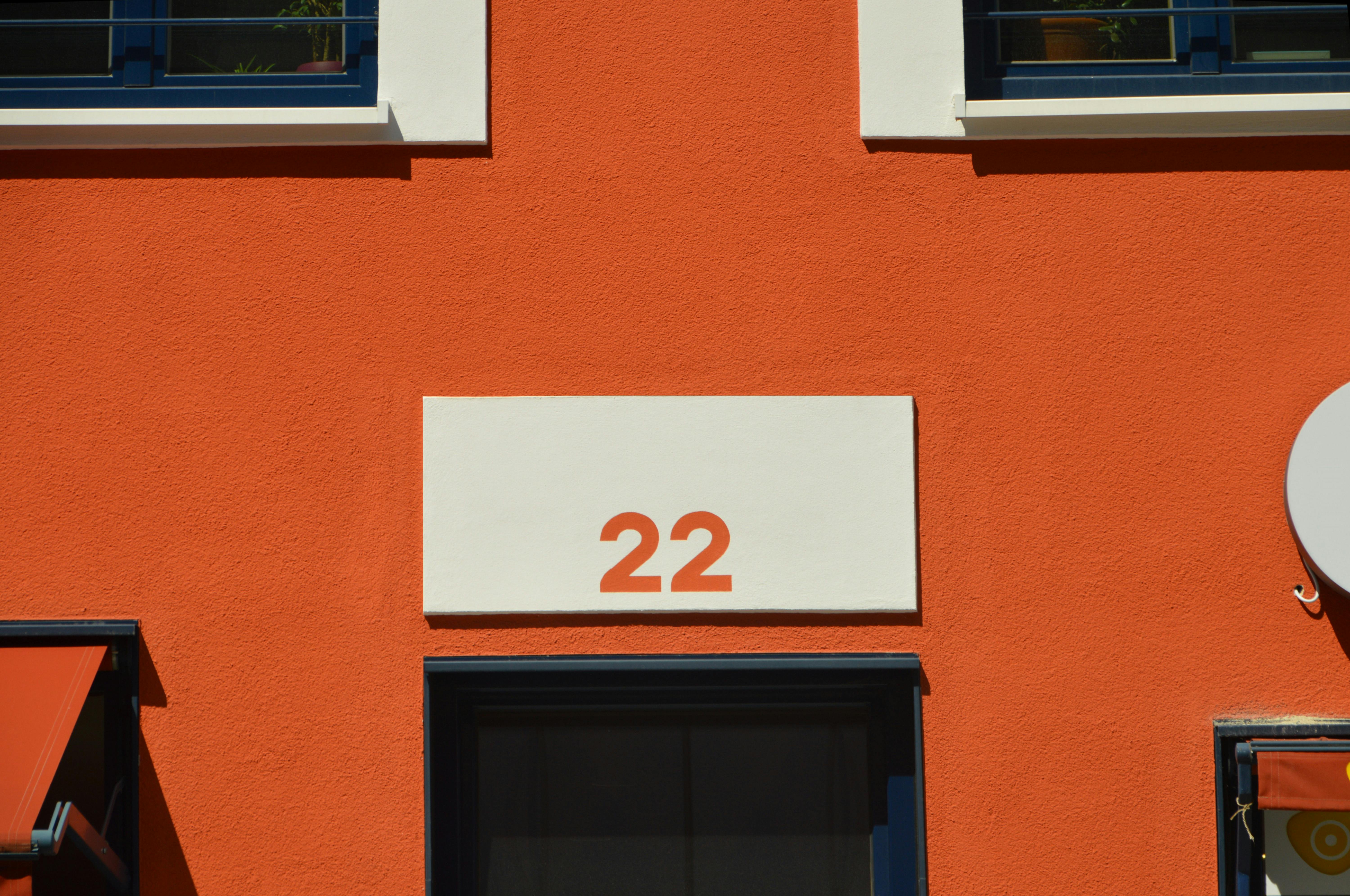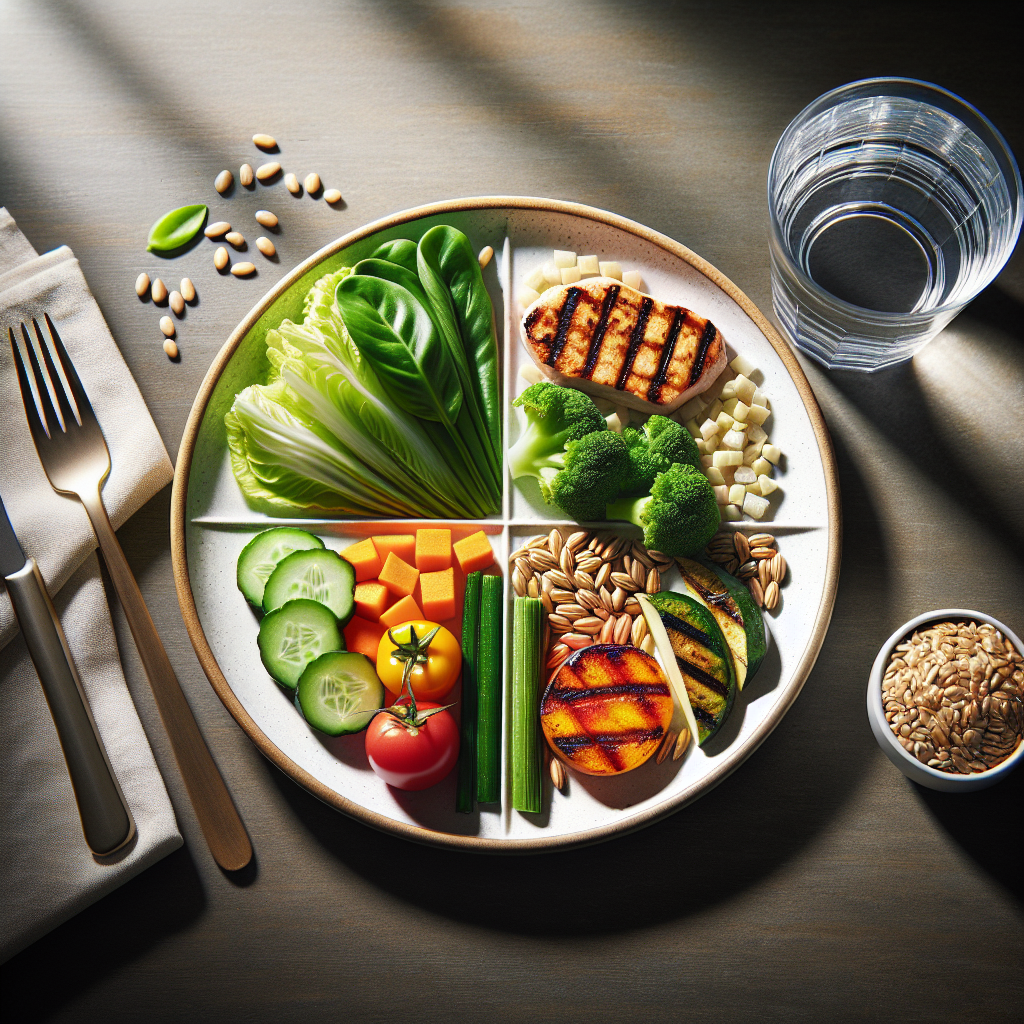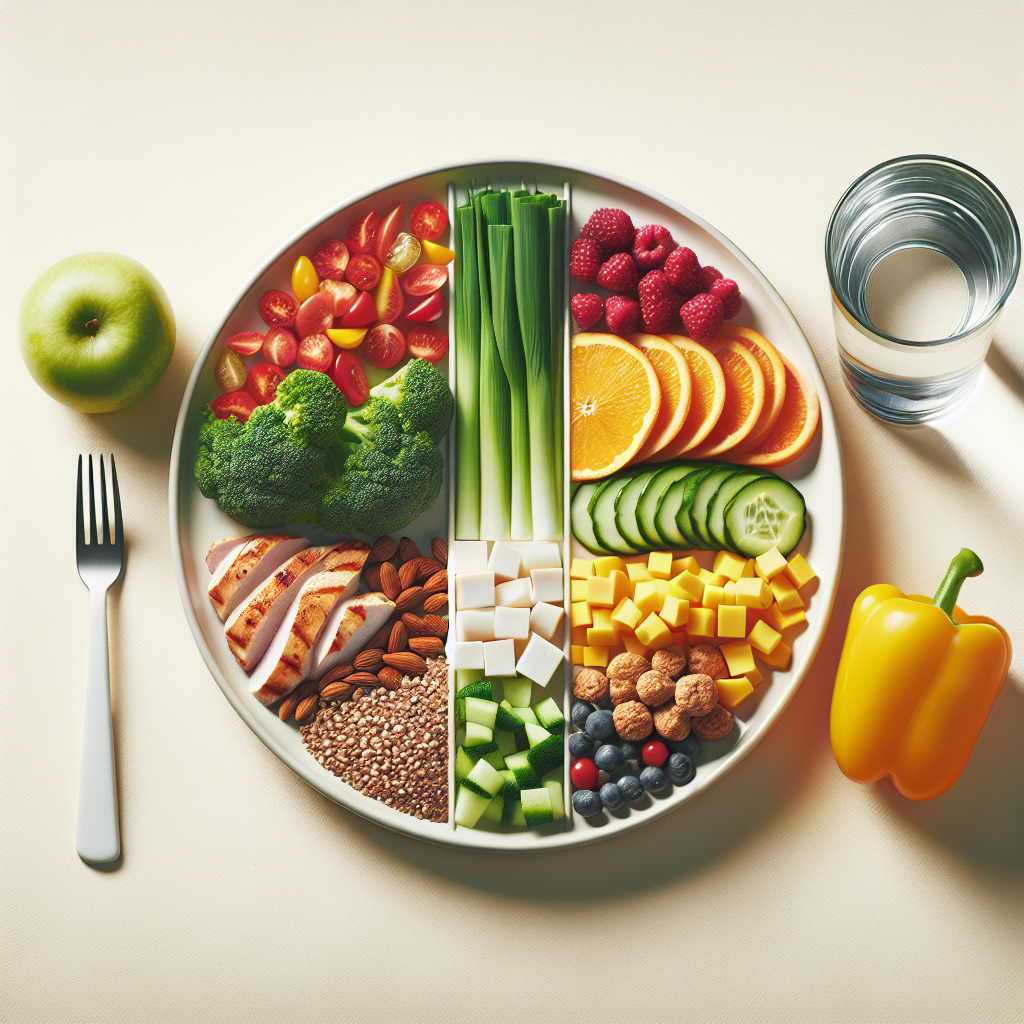How Many Calories Should I Eat
Understanding your calorie intake is a fundamental part of maintaining a healthy lifestyle as it directly influences your weight and energy levels. This article will provide comprehensive information to help answer questions you might have about your calorie needs. It will cover topics such as your daily calorie requirements, how to lose weight through calorie regulation, the caloric content of different foods ranging from bananas to chicken breasts, as well as effective exercises for burning calories. Broaden your understanding of how calories function in your body, and learn to make informed decisions when it comes to your diet and overall health.

Definition of Calories
What are calories?
From a nutritional perspective, calories are units of energy that are obtained from the food and liquids you consume. They primarily come from three key nutrients: proteins, carbohydrates, and fats. It’s worth mentioning that alcohol also contains calories.
Role of calories in our body
Your body needs calories for energy. They fuel all bodily functions such as breathing, digestion, and physical movement. When the body doesn’t consume enough calories, it must tap into its storage reserves, leading to weight loss. On the other hand, if there are excess calories, they are stored as weight.
Determining Caloric Needs
Methods to know how many calories you need
There are various methods to determine your daily caloric need such as using a calorie calculator, consulting with a dietitian, or using formulae like the Harris-Benedict Equation. These tools or professionals take into account different variables.
Influential factors like gender, age, and lifestyle on caloric need
Your caloric needs are determined by several factors. Age affects metabolic rate; as you grow older, your metabolism slows, decreasing caloric needs. Gender plays a role too; men generally require more calories than women because they often have a higher muscle mass. Lifestyle is critical as well. Active individuals need more calories to fuel their workouts and consequently burn more.

How Many Calories you should eat daily?
Daily recommended caloric intake
The daily recommended caloric intake varies depending on individual needs, but generally, men require about 2500 calories per day and women need approximately 2000 calories per day for maintenance.
Variation of caloric needs based on personal goals
If your goal is to lose weight, you’ll need to consume fewer calories than your body uses, creating a caloric deficit. Conversely, if your aim is to gain weight, you’ll need to consume more calories than your body uses, triggering a caloric surplus.
Caloric content of common foods
Number of calories in a banana
A medium-sized banana contains about 105 calories.
Number of calories in an apple
A medium-sized apple has approximately 95 calories.
Number of calories in an egg
A large egg contains approximately 75 calories.
Number of calories in an avocado
A medium avocado has around 230 calories.
Number of calories in a chicken breast
A boneless, cooked chicken breast provides roughly 165 calories.
Number of calories in a cucumber
A raw cucumber with peel has approximately 45 calories.
Number of calories in a boiled egg
A boiled egg packs around 75 calories.
Number of calories in strawberries
A cup of strawberries contains approximately 50 calories.
Number of calories in vodka
A shot of vodka contains about 65 calories.
Number of calories in blueberries
A cup of raw blueberries gives about 85 calories.

Reducing Caloric Intake for Weight Loss
How many calories should I eat to lose weight?
To lose weight, you have to create a caloric deficit, generally by eating between 500 and 1000 fewer calories than your body needs per day. This can lead to a weight loss of about 1-2 pounds per week.
What determines how many calories I burn?
Your calorie burn is determined by your basal metabolic rate (BMR), physical activity, and the thermic effect of food. The BMR is the number of calories your body needs to perform basic functions.
Analyzing how many calories in a pound of weight lost
It has been generally accepted that in order to lose one pound, you need to create a caloric deficit of 3500 calories.
Increasing Caloric Intake for Weight Gain
How many calories should I eat to gain weight?
To gain weight, you should eat more calories than your body burns. That typically means 500-1000 extra calories per day, which could lead to a weight gain of 1-2 pounds per week.
Role of high-calorie foods in weight gain
High-calorie foods are essential for weight gain, provided they also offer nutritional value. This includes foods rich in proteins and healthy fats, like nuts, legumes, and lean meats.
Balancing healthy eating and caloric surplus
When you’re aiming for weight gain, it’s crucial that you balance your caloric surplus with a variety of nutritious foods to ensure you’re getting a balanced diet.

Daily Calorie Consumption for Maintenance
Determining how many calories to maintain weight
To maintain your current weight, your caloric intake should be equal to the number of calories your body burns daily.
The role of exercise in daily calorie maintenance
Exercise plays a crucial role in maintaining your daily calorie needs. Regular physical activity increases the number of calories your body uses for energy or “burns off.” This helps to maintain your weight.
Impact of sedentary and active lifestyles on calorie maintenance
A sedentary lifestyle lowers your calorie needs, while an active lifestyle raises them. Physical activity, from simple movement to vigorous exercise, accounts for 15-30% of your total energy expenditure.
Differences in Caloric Needs by Age
How many calories should a child eat?
Children between ages 2-8 should consume between 1000-1400 calories per day. As they get older and more active, their caloric needs increase.
How many calories should a teenager eat?
Teenage boys require between 2200-3200 calories, while teenage girls need between 1800-2400, depending on their activity levels.
How many calories should an adult eat?
Most adult men require about 2000-3000, and most adult women need about 1600-2400 calories each day, depending on their lifestyle.
How many calories should an elderly person eat?
Elderly people, over 60 years, often need fewer calories, about 1600-2000 for men and 1200-1600 for women.

Role of Exercise in Caloric Burn
Exercise that burns the most calories
Generally, running, cycling, swimming, and other high-intensity interval workouts burn the most calories.
How many calories do you burn walking?
Authorities suggest that walking burns between 70 and 100 calories per mile, dependent on your weight and walking speed.
Weight loss and exercise: The correlation
Exercise supports weight loss by increasing calorie burn. Physical activity also helps preserve lean muscle mass to ensure that most of the weight loss comes from fat.
Impact of Overeating and Undereating
Potential consequences of consuming too many calories
Excessive calorie intake can lead to weight gain, obesity, diabetes, heart disease, certain cancers, and other health problems.
Risks and signs of not consuming enough calories
Undereating could lead to nutrient deficiencies, fatigue, a weakened immune system, fertility problems, and an increased risk of chronic illness.


Pingback: How Many Calories To Lose Weight - Lose Weight With Absolute Minimal Diet - Your All In One Guide to Weight Loss & Nutrition